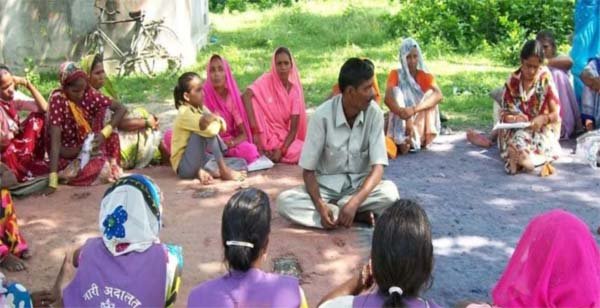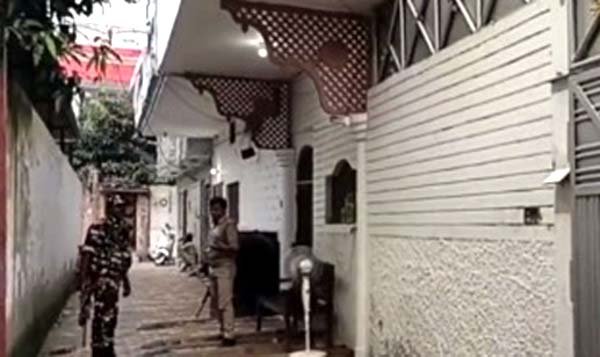= Critical COVID-19 testing lags as cases rise
= Genome sequencing machine gathers dust
Bhopal, – As new COVID-19 variants, JN.1 and BA.2.86, drive an uptick in cases across India, including six active infections in Madhya Pradesh (five in Indore, one in Ujjain), a concerning lapse in testing protocols has emerged in Bhopal’s government hospitals. While AIIMS Bhopal, a central government facility, has robust arrangements in place, other state-run hospitals are reportedly waiting for official directives to begin widespread testing.
Sources indicate that suspected COVID-19 patients are not being tested at major government hospitals in the capital. Officials claim they haven’t received updated guidelines regarding COVID-19 protocols. Despite this inaction, AIIMS Bhopal doctors are urging public vigilance, though they note the JN.1 variant generally causes milder illness.
The JN.1 variant, a strain of Omicron’s BA.2.86, first identified in August 2023, was declared a “variant of interest” by the WHO in December. It carries around 30 mutations, potentially impacting immunity. While Johns Hopkins University states JN.1 spreads more easily than other variants, it’s typically less severe. Symptoms can last from days to weeks, potentially leading to ‘Long COVID’ if persistent.
Adding to the concern, major state hospitals like JP Hospital are awaiting directives, and the State Virology Lab at Gandhi Medical College (GMC) has requested RT-PCR kits, highlighting a severe bottleneck in testing. Even more alarmingly, Rs 5 crore genome sequencing machine, donated by the WHO to the State Virology Lab for precise monitoring of viral spread and impact, is reportedly lying unused, gathering dust. Medical experts stress that widespread testing and genome sequencing of samples are crucial to understand the exact reasons for rising cases and the prevalence of specific variants. This apparent negligence in Bhopal’s government hospitals could potentially exacerbate the situation.











